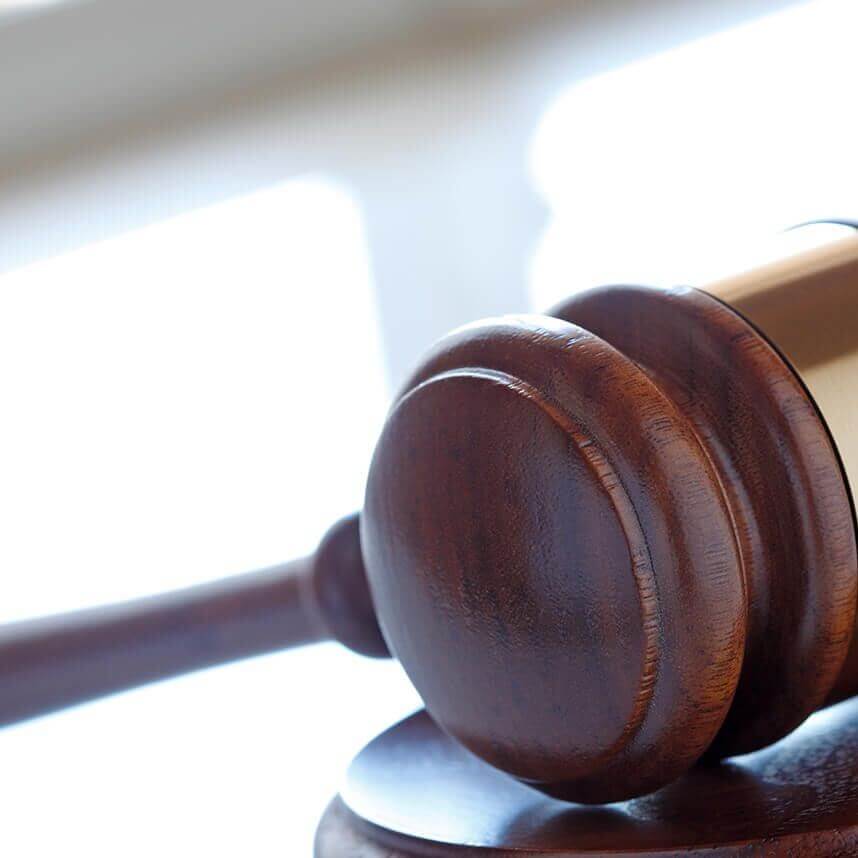How Drug Dealers Get Caught
by King Law
According to the United States Drug Enforcement Agency (DEA), the federal government spends about $15 billion a year investigating drug offenses. State and local government agencies spend another $25 billion, for a total of $40 billion a year, which equates to $500 per second.
Who Investigates Drug Crimes?
The DEA works alongside the FBI, CIA and U.S. Customs and Border Patrol to fight drug crimes at both the national and international level.
State and local police agencies investigate drug offenses within their jurisdiction and often work together to form task forces in hopes of sharing resources and knowledge.
In Monroe County, New York, the drug task force is known as Greater Rochester Area Narcotics Enforcement Team, or GRANET.
HOW A DRUG DEALER BECOMES A SUSPECT
The first step in most significant drug arrests is developing a suspect. It is possible that a traffic stop coincidentally leads to a major drug bust, but that is very unlikely at the highest level.
More often, “word on the street” or unreasonably expensive lifestyles of particular individuals gives police suspicion. Investigators will spend weeks, months, and sometimes even years investigating an individual or group for a case.
For instance, I represented a client following a joint DEA/FBI investigation that spanned 5 years, totaling 6,100 man hours. The differing time frame results from the severity of the case, criminal background of the individual and types of drugs, among other factors.
HOW IS A DRUG INVESTIGATION CONDUCTED?
Police tactics are technical and complicated. Here are some examples of techniques law enforcement officials use:
Drug investigators use pole cameras to monitor suspects coming and going for their homes, work or other important locations.
They use GPS trackers to show where a suspect goes throughout the day and night.
Police may tail suspected drug dealers for days on end, following them to the grocery store, or neighborhood pub, in hopes of finding a break in the case.
If a warrant leads to a wiretap, police will often monitor phone calls as well. If there is not probable cause for a wiretap, police may use a pen register, which only shows who a suspect is communicating with, but not the contents of the call.
Other techniques include monitoring electric usage to detect high use, which is required to operate grow lights for cultivating marijuana indoors.
Another famous variation is to monitor the amount of heat coming through the walls of a building by infrared imaging. Technical investigation can lead to significant evidence, but is not the most effective or efficient method of investigation.
GATHERING EVIDENCE FROM INFORMANTS
The most efficient form of investigation is getting information from other drug dealers. The most successful drug investigators are those who “work up the chain.”
The process involves catching someone selling or in possession of drugs. Almost immediately, the defendant is offered some kind of deal, which usually includes their release on certain predetermined conditions, like providing information to the police that would allow the arrest of a bigger drug dealer. Theoretically, the defendant is spilling the beans on their sources, who are arrested, and then turn in their sources to save themselves from more severe consequences.
Police use drug dealers as informants because the method is significantly more effective than anything else. These are the people that are operating in the world the police want to know about; they experience it first-hand on a regular basis. No matter how much technical investigation there is, the police are rarely aware of the personal interactions between the players. Criminal defendants are highly motivated and take significant real life risks to maintain their freedom.
Vigorous Defense for Drug Offenses
In any case, criminal defense attorneys are necessary to assist defendants with the legal process. If you or someone you know has been charged with a drug crime, contact our Rochester drug crime lawyer for a free consultation to discuss the situation and find out what approach we recommend. Attorney Robert King has significant experience in jury trials and, as a former prosecutor, brings an intimate knowledge of criminal law to every case.
Call King Law today schedule your confidential case evaluation!
Categories

